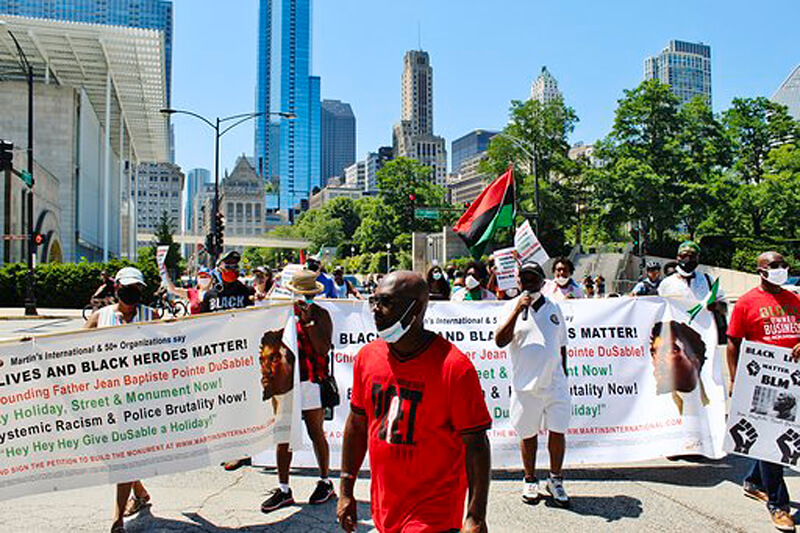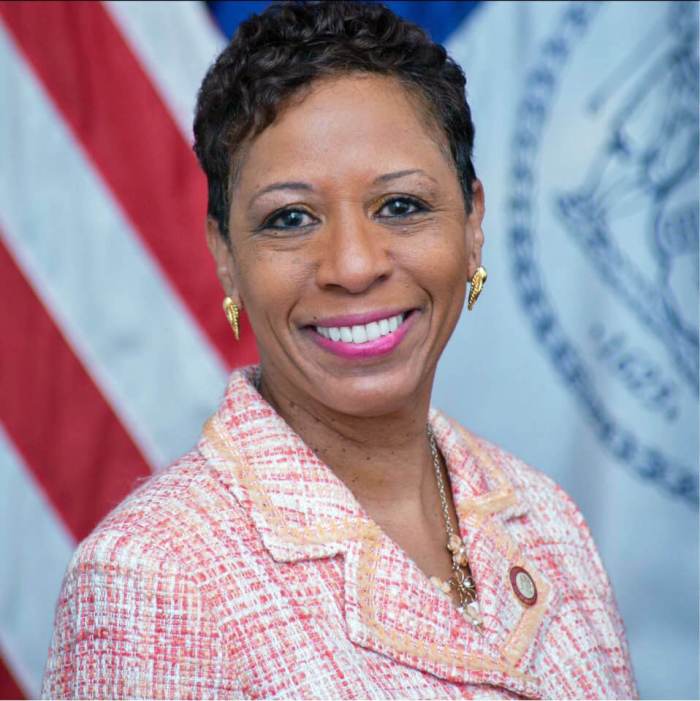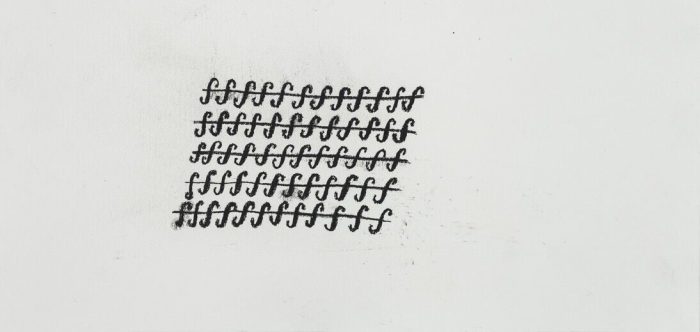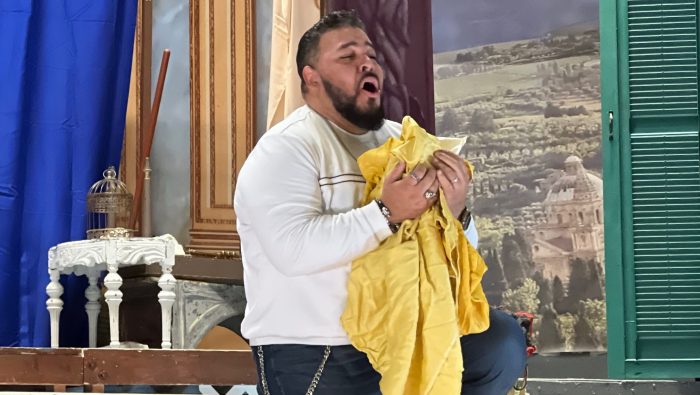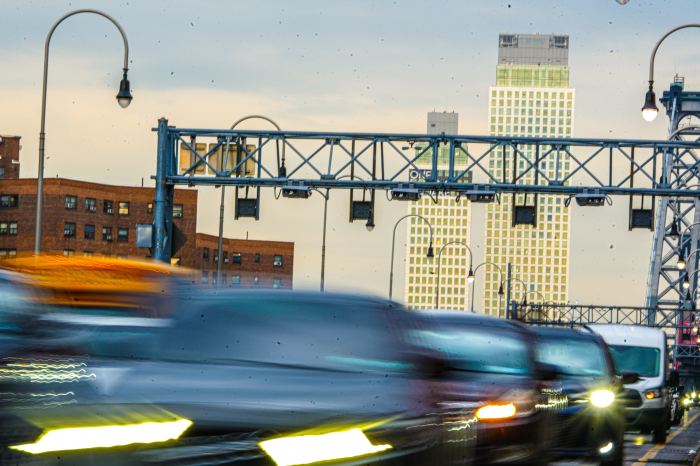Jamaica’s Ephraim Martin does not only believe Black Lives Matter he is certain Black Heroes Matter.
Like the much of the world that endorses the assertive slogan claiming value to the existence of every African, Martin would like an amendment to read Black Lives & Black Heroes Matter.
One of the heroes he intends to exalt is a Caribbean immigrant to the United States.
Martin recently said that while some residents of Illinois are cognizant of the fact Jean Baptiste Pointe Du Sable founded America’s third largest city of Chicago in 1779, not as prevalent in the minds of most Americans is the fact Du Sable was a Haitian national.
Martin, a resident of the mid-western city since 1981 also wants to adjust the rhetoric of the prevailing national movement as well enlighten the clueless.
The founder of the International Reggae and World Music Awards would like the world to know that the Caribbean immigrant established the central city affectionately known as Chi-Town.
He is determined to help raise the consciousness of residents, citizens and a global community by challenging Illinois Gov. Laura Lightfoot and the city council to declare a city holiday to honor the name of the Haitian trailblazer.
Martin also hopes that by 2021 a 25-foot monument will be installed in honor of the pioneering Haitian.
To further claim his legacy Martin and his supporters proposed that the mayor and the council rename Columbus Drive to Jean Baptiste Pointe Du Sable Drive.
Ironically that very thoroughfare was the territory Du Sable first arrived to set-up a prosperous fur trading post and farm, which was later to become Chicago.
In order to execute his initiative Martin mobilized an Independence Day rally and march in the downtown area of the city to demonstrate his purpose.
According to a press release “some may already know that Du Sable was the first settler to discover and establish a trading post in Chicago. By virtue of his color and nationality, he has not been given full credit and recognition while at the same time John Kinzie, a white man, ended up acquiring Du Sable’s properties he has been given more notoriety.”
“There are massive monuments, major streets, holidays in honor of those who oppressed Blacks in America on display throughout the Chicagoland region,” Martin explained. “Meaningful public recognition for this outstanding Black man who established this great city must also be recognized without question!”
In early Chicago history, attempts were made to recognize Du Sable’s legacy.
Du Sable High School opened its doors to students Feb. 1935.
The same month in 1961, the Du Sable Museum of African American History debuted in Washington Park on the south side.
There is also a three feet bust/statue in the city.
Sponsored by Leslie Benodin, a Haitian businessman the monument is located on Michigan Avenue Bridge, which is also known as the Du Sable Bridge.
That location is where the protesters assembled on July 4 to start the march.
In the past, Martin campaigned for an end to apartheid in South Africa; advocated the freedom of Nelson Mandela and relentlessly promoted freedom and democracy throughout the world.
Now his mission is to help in righting Chicago history and to end systemic racism.
The former photojournalist and activist, through his Martin’s International Foundation has been working in the forefront of the movement for more than 38 years to spotlight meaningful and equitable change to the Black and disfranchised minority communities.
In any other year on the holiday weekend, Martin annually hosted a four-day cultural festival he named International Festival of Life (IFOL).
Similar to Brooklyn’s annual International African Arts Festival, the eclectic holiday weekend celebration attracted guests from neighboring states, towns in Illinois and visitors to enjoy reggae, calypso, r&b, hip-hop, gospel and pop acts, sample international foods, shop unique fashions and crafts and meet and greet friends and family.
Forced to cancel in 2020, the Independence Day weekend, cultural gathering because of coronavirus restrictions, he opted to demonstrate pride in heritage.
Participants/protesters were required to wear masks and practice social distancing protocols. Reportedly more than 50 organizations — primarily representative of the African Diaspora – joined Martin in a peaceful rally to also expose atrocities and reveal a way forward to ending systemic racism.
Numerous elected officials attended the event – including Hon. Toni Preckwinkle, President of the Cook County Board of Commissioners, Alderman David Moore and other dignitaries representing various elected officials.
The Du Sable Heritage Association, among numerous associated organizations joined the rally.
Last year, Martin dedicated the 27th annual African/Caribbean IFOL to mark the 400 years of Africans’ arrival in America during the year of 1619.
He also acknowledged the 274th birthday of Jean Baptiste Pointe Du Sable.
Martin is also acclaimed for his conception of the oldest awards acknowledging Caribbean and African music – the annual ceremony awards achievers in more than 40 categories.
Catch You On The Inside!


